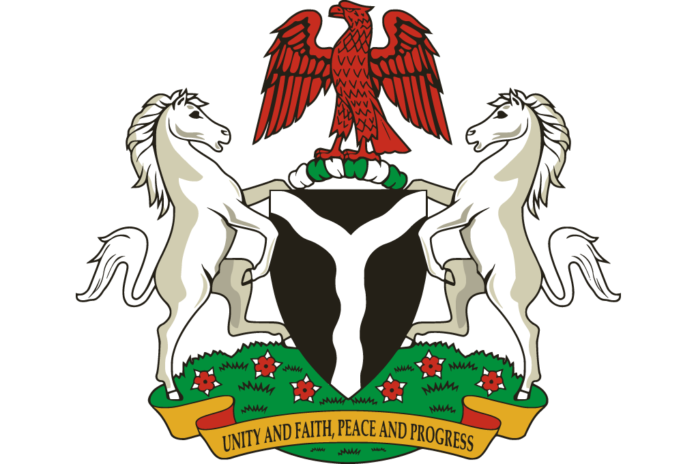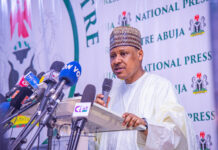ABUJA (Budget and National Planning Report)-
The Minister of State, Budget and National Planning, Zainab Ahmed (Mrs), has said that government in collaboration with the Nutrition Society and Partners is committed to curbing food and nutrition insecurity in Nigeria
The Minister stated this in Abuja at a press briefing as part of activities lined up for the celebration of Nutrition week – Nigeria on Monday September 5, 2016.
The press briefing was addressed by the Minister of State, Budget and National Planning, Zainab Ahmed, Minister of Information and Culture, Lai Muhammed and President of Nigerian Nutrition Society, Professor Ngozi Nmama.
According to her, Nigeria has the highest burden of malnutrition with over 11 million stunted children, which is the highest in Africa and the second in the world.
She stated that the Federal government has approved the National Policy on Food and Nutrition (NPFN) which was formulated by the National Committee on Food and Nutrition to deal with the multi-faceted problem of food and nutrition using a multi-sectoral disciplinary programme approach
She also explained that the NPFN, is a 10 year blueprint for eradicating malnutrition for sustainable economic growth and development in Nigeria
“The vision of the policy is to have a country where the people are equitably secured in food and nutrition with high quality of life and socio- economic development, contributing to human capital development objectives of NV20:2020, while the goal is to attain optimal nutritional status for all Nigerians with particular emphasis on the most vulnerable groups such as children, adolescents, women, elderly and groups with special nutritional need”
Mrs Ahmed further disclosed that the revised national policy on food and nutrition to be launched on Tuesday, September 6, 2016 by the Wife of the President, Mrs Aisha Buhari will reduce the proportion of people who suffer hunger and nutrition by 50% by 2025, increase exclusive breastfeeding rate from 17 % in 2013 to 65% by 2025; and also increase the percentage of children age six and above who receive appropriate complementary feeding from 10% in 2013 to 40% by 2025
In his remarks, The Minister of Information and Culture, Alhaji Lai Muhammed, said that the issue of malnutrition is a big one in Nigeria which goes beyond just agriculture, arguing that good life style has to be taken seriously
He called for increased breastfeeding for mothers to children, improved hygiene and also stated that the fight against malnutrition in Nigeria should not be left for the federal government alone but by all stakeholders including the private sect sector.





